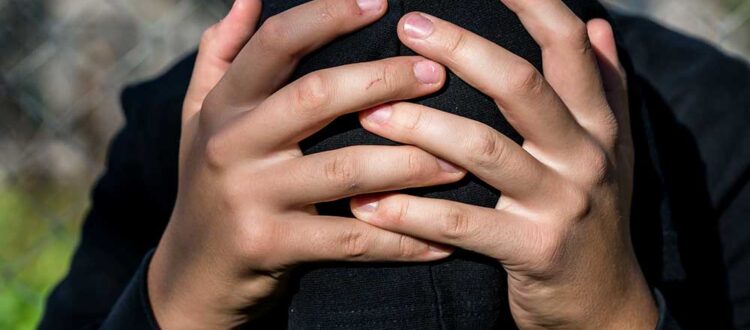How Are Juvenile Delinquency Hearings Different Than Criminal Trials?
In New Hampshire, juvenile delinquency proceedings involve persons age 18 and under. All juvenile cases are civil matters, not criminal.
In juvenile delinquency cases, instead of being charged with a crime, the juvenile is accused of committing a delinquent act. A prosecutor or probation officer typically gets the ball rolling by filing a civil petition, which states the charge and requests that the court determine that the juvenile has been delinquent.
Juveniles have the right to representation by an attorney at an adjudicatory hearing (where the judge weighs the evidence in a case), but they do not have the right to a trial by jury. If a delinquency determination is made, the court has broad powers as to what constitutes the best interests of the child and a suitable course of action.
Common delinquent acts include all of the crimes that an adult may be charged with, including theft, possession of a controlled drug, simple assault, and disorderly conduct, among others. Roughly three percent of cases involve charges of robbery, aggravated assault, rape, or murder. Sometimes a juvenile case involving a more serious offense or a repeat offender is transferred to adult court through a request by the state for the juvenile to be certified as an adult. The accused has the right to a hearing prior to the case being assigned to adult court.
Sentencing options include sending the juvenile offender to a juvenile detention facility, placing him/her under house arrest, or sentencing them to non-confinement corrective measures, such as counseling, curfew, or probation.
If you have a child who has been accused of a juvenile offense, a juvenile law attorney can help protect their rights. Contact us at Seufert Law to discuss your case.

